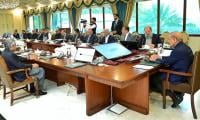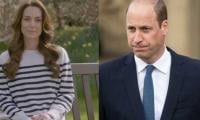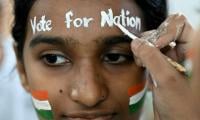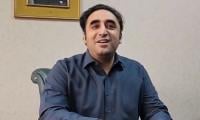ISLAMABAD: Although, Justice Asif Saeed Khosa turned out to be a minority voice in the five-member bench on the Panama Papers, the arguments he advanced for taking on the Prime Minister Nawaz Sharif will continue to resonate louder than the majority decision.
He began with a famous quote from a popular novel ‘The Godfather’ that ‘behind every great fortune there is a crime’. Justice Khosa documented how the Sharif family went unaccounted as the cases against them were cleared one after another and under their watch.
“Respondent No 1’s (Nawaz Sharif) brush with criminal law is also not new,” he noted in detail while narrating plethora of cases lodged with FIA/NAB and disposed of. In the petitions under question, Justice Khosa, who headed the five-member bench, said the Supreme Court took up the matter when institutions under the influence of the Sharif family failed to carry out their duty.
It has also been argued before us, he wrote, that invoking jurisdiction of this court under Article 184(3) of the Constitution and issuance of declarations and directions by this court in exercise of that jurisdiction in matters of disqualification of elected representatives as a first and the final resort shall set a dangerous precedent and, therefore, this Court may not like to open the door to such a perilous course.
“This argument, however, conveniently overlooks the fact that, as already observed above, the present petitions had been entertained by this Court in the backdrop of an unfortunate refusal/failure on the part of all the relevant institutions in the country like the National Accountability Bureau, the Federal Investigation Agency, the State Bank of Pakistan, the Federal Board of Revenue, the Securities and Exchange Commission of Pakistan and the Speaker of the National Assembly to inquire into or investigate the matter or to refer the matter to the Election Commission of Pakistan against respondent No. 1,” Justice Khosa argued.
It is proverbial that there is no wrong without a remedy, he wrote. It was in the above-mentioned unfortunate background that the court had entertained these petitions and now this court cannot turn around and shy away from deciding the matter simply because it may set a dangerous precedent, Justice Khosa explained.
As a matter of fact, it shall be a more dangerous precedent to set “if the court declines to attend to the issue with a message that if a powerful and experienced Prime Minister of the country/Chief Executive of the Federation appoints his loyalists as heads of all the relevant institutions in the country which can inquire into or investigate the allegations of corruption, etc. against such Prime Minister/Chief Executive of the Federation then a brazen blocking of such inquiry or investigation by such loyalists would practically render the Prime Minister/Chief Executive immune from accountability.”
Then Justice Khosa elaborated that the precedent to be set by the court “shall in fact be dangerous only for those Prime Ministers/Chief Executives of the Federation who try to capture or render ineffective all the institutions of accountability in the country in order to protect themselves leaving no option with a whistleblower or an aggrieved or interested person but to approach this Court for interference in the matter as a first, and the only, resort.”
The precedent to be set by this court through the present petitions should in fact be a warning to all those rulers who try to subjugate all the organs of power, enslave the institutions of accountability, he further explained.
Dwelling on the subject of setting a dangerous precedent by a court of law, Justice Khosa said, “I am also reminded of the old bard William Shakespeare” and quoted his play ‘Merchant of Venice.’
He quoted an excerpt from this play and its punch line was “Wrest once the law to your authority: To do a great right, do a little wrong.”
And in the next line, Justice Khosa explained that he was fortunate in a sense as there was no wresting the law to his authority and “no little wrong is to be done by me to do a great right in the matter of issuing a declaration against respondent No. 1 (Nawaz Sharif)” because the original jurisdiction of the court has already been exercised by the court in such matters where disqualification was involved.
Saad was of the view that the battle of politics should be fought solely through political means
KP govt decided to develop gemstone business as a formal export sector and cluster at the Namak Mandi would be...
Khyber Pakhtunkhwa Minister for Higher Education, Archives, and Libraries, Meena Khan Afridi. — APP FilePESHAWAR:...
Vehicles and horse carts passing through flood water at Bara Bazar area on Khuwani bridge after heavy rain in Peshawar...
Amid the failure to revive the cash-bleeding PIA, government is left with no other option but to sell it to any...
Picture showing the Silver Jubilee Gate of the University of Karachi. — APP File KARACHI: The University of Karachi...







